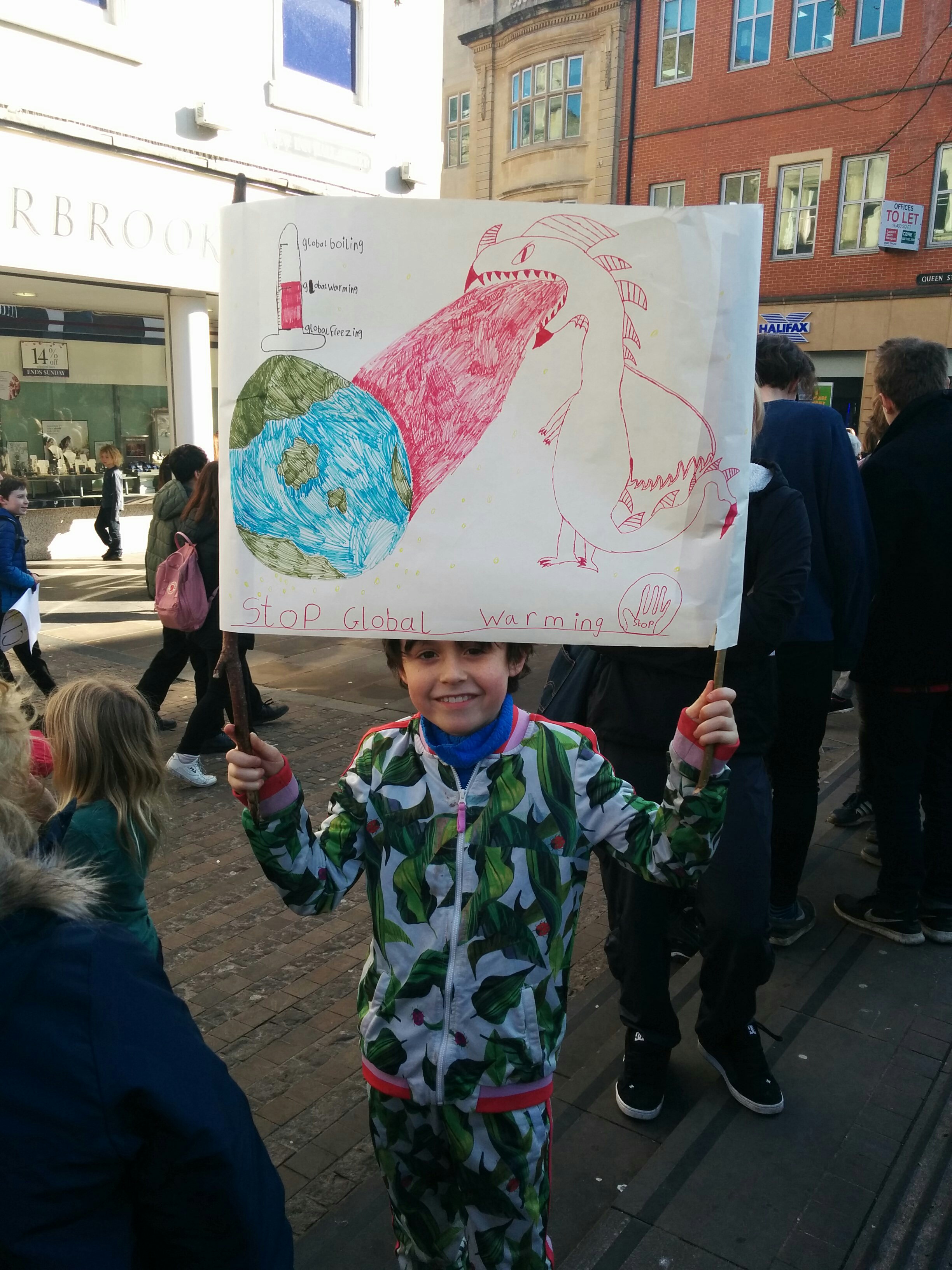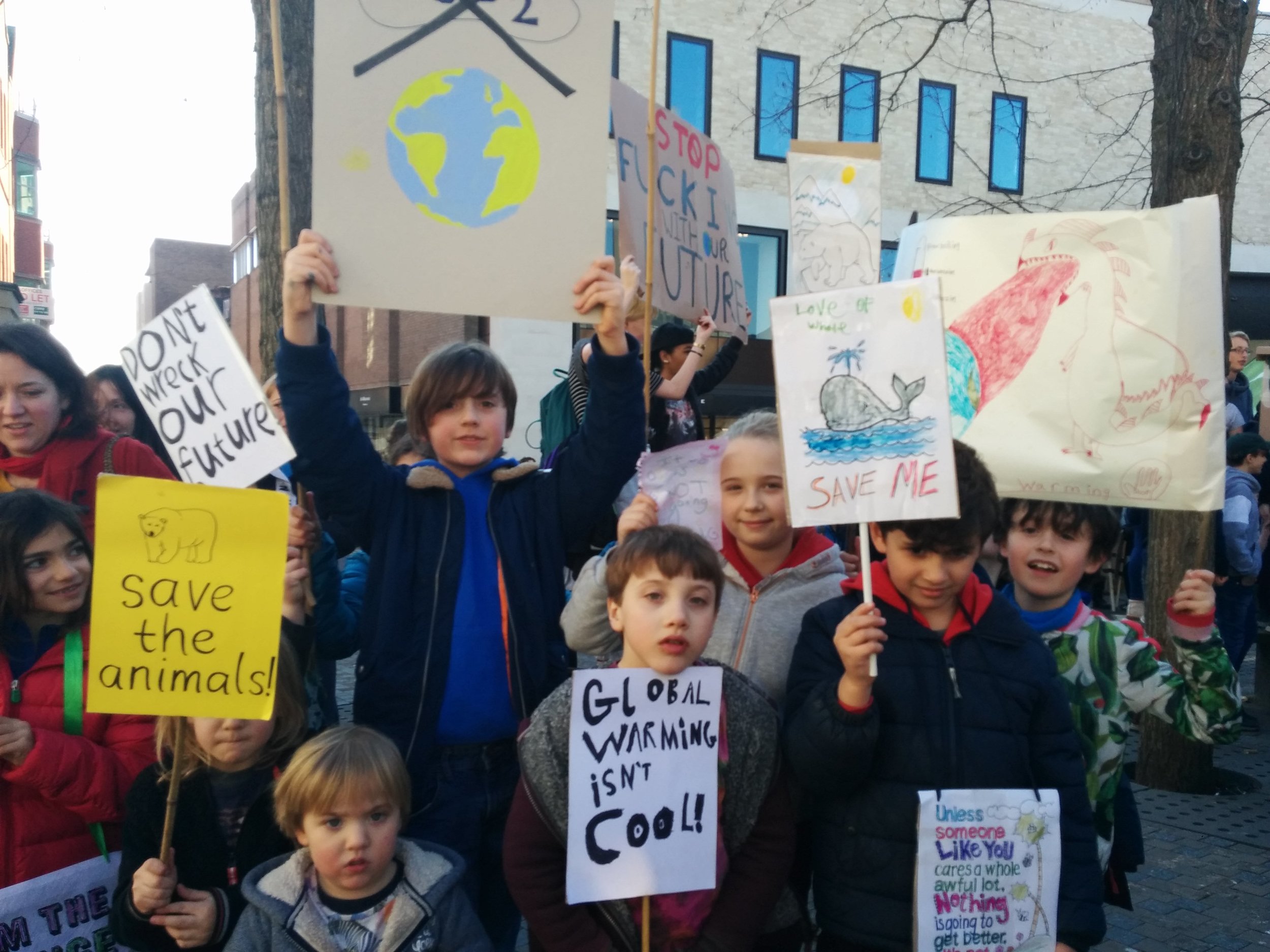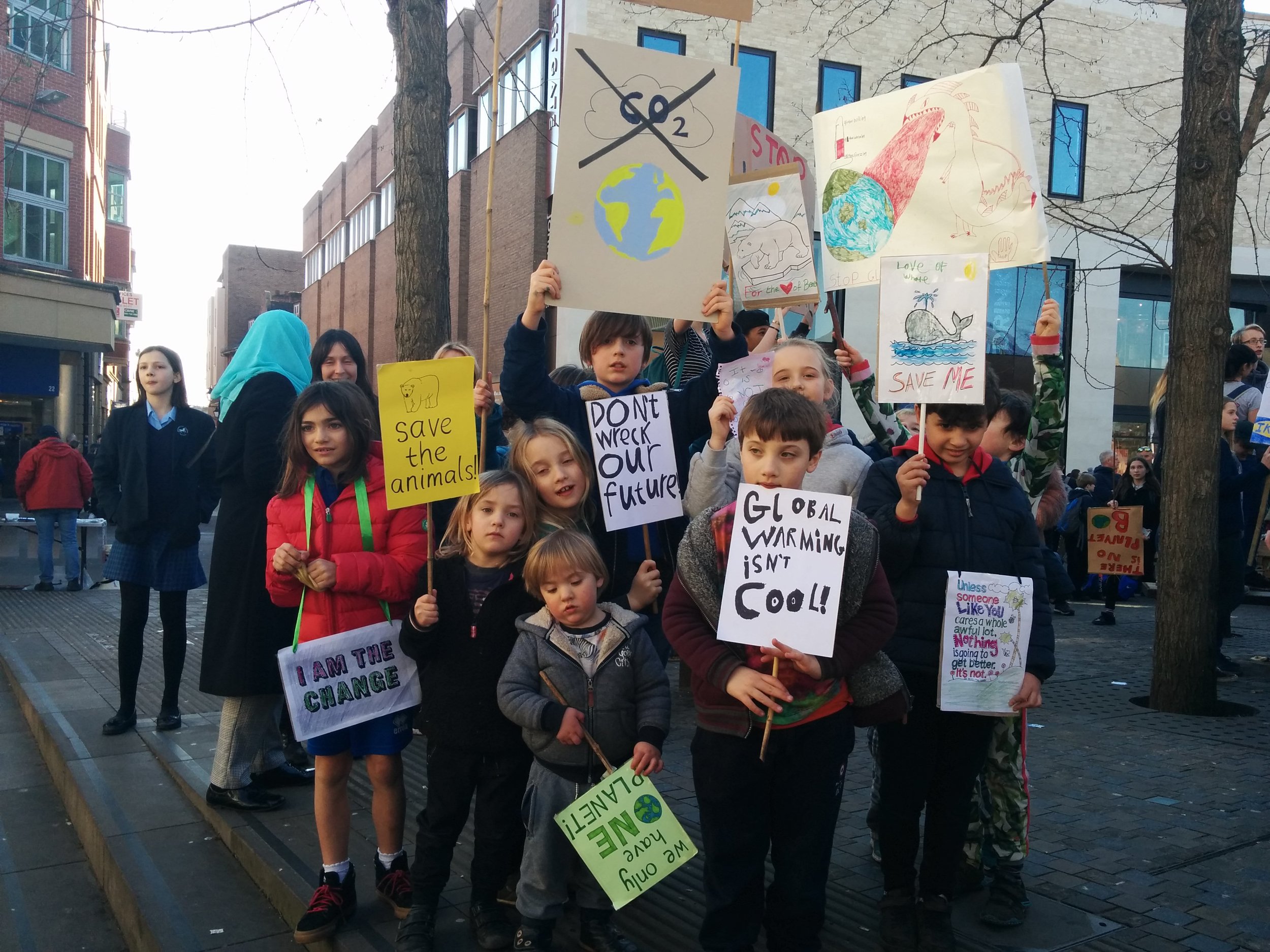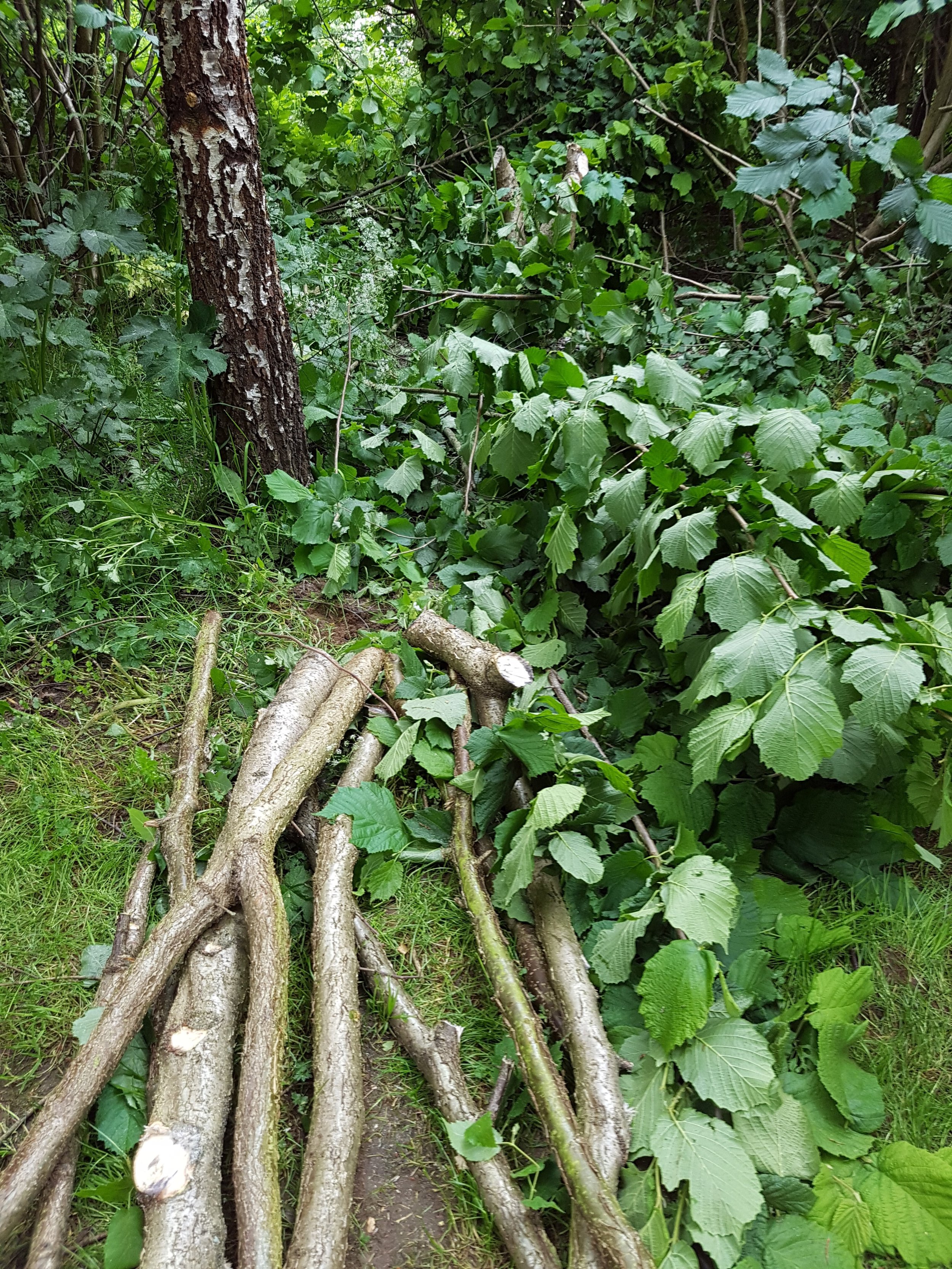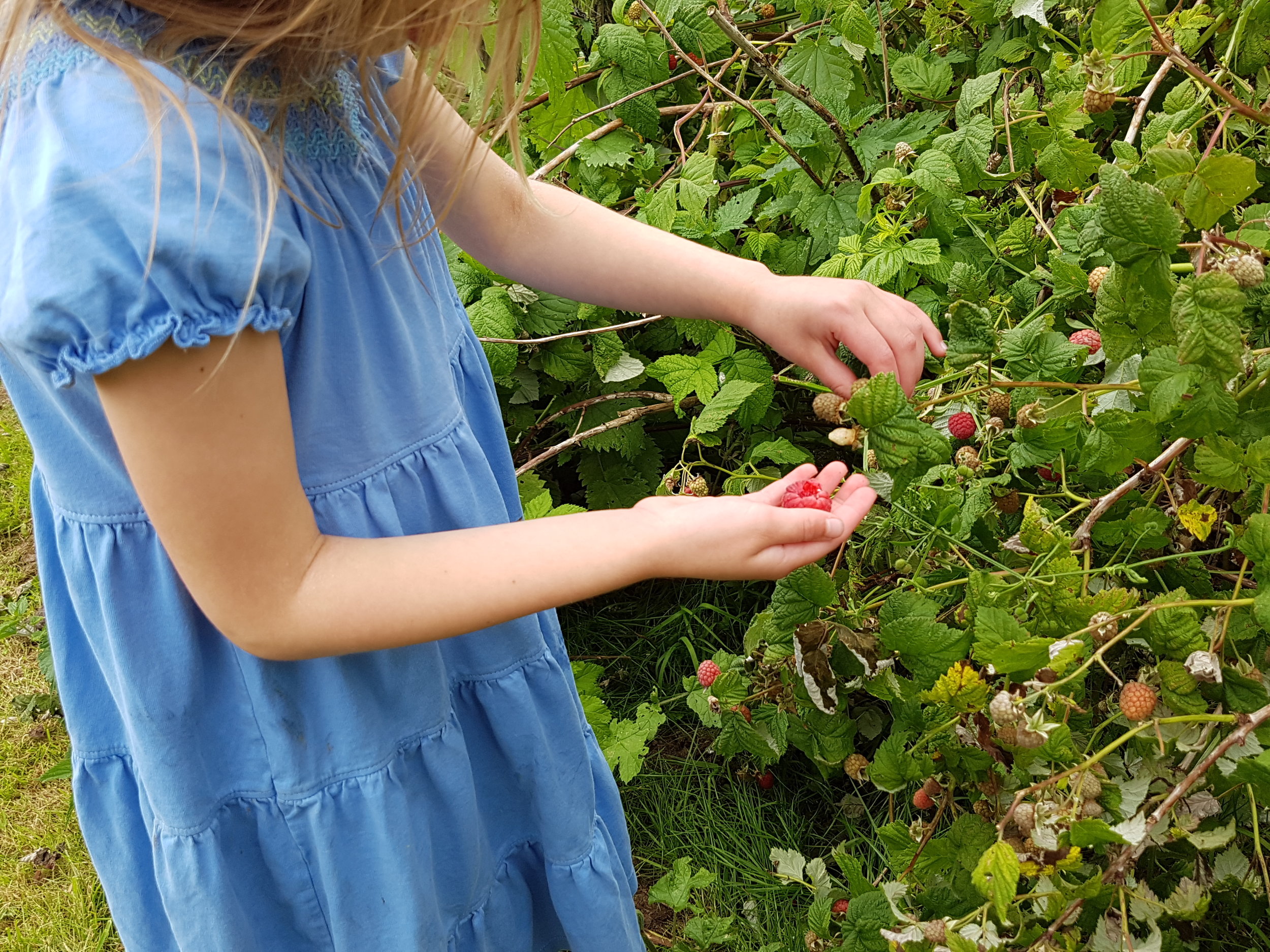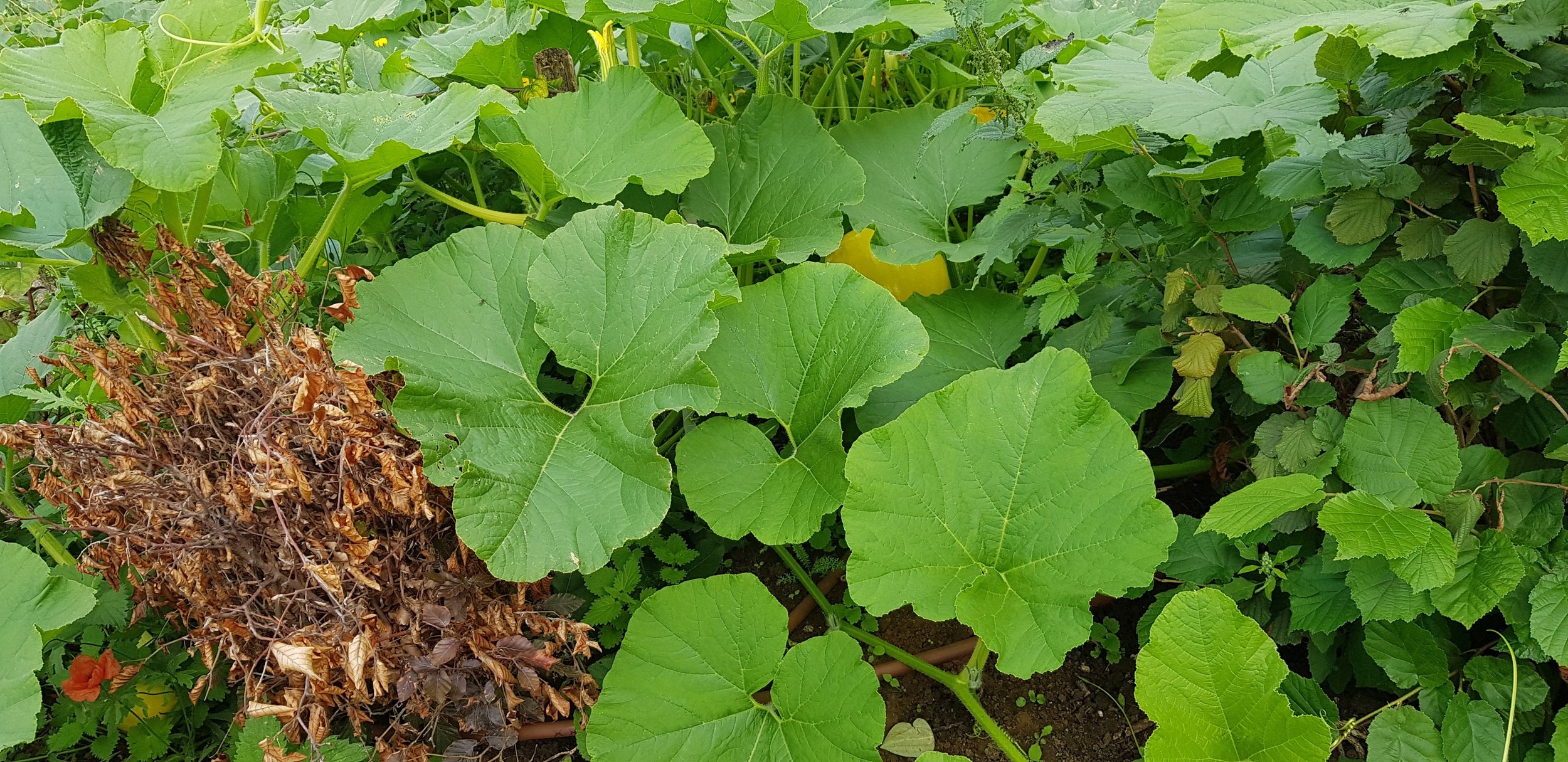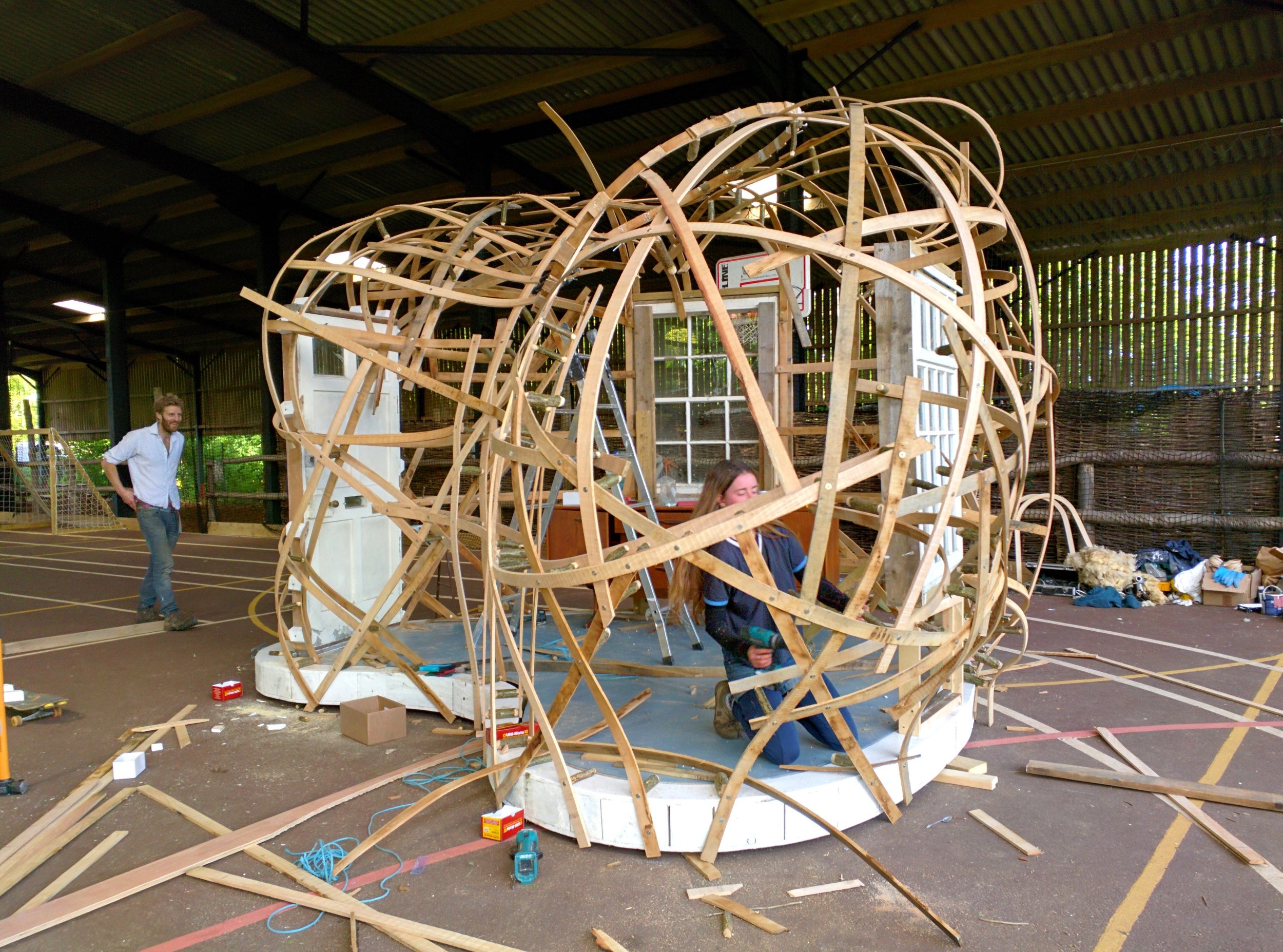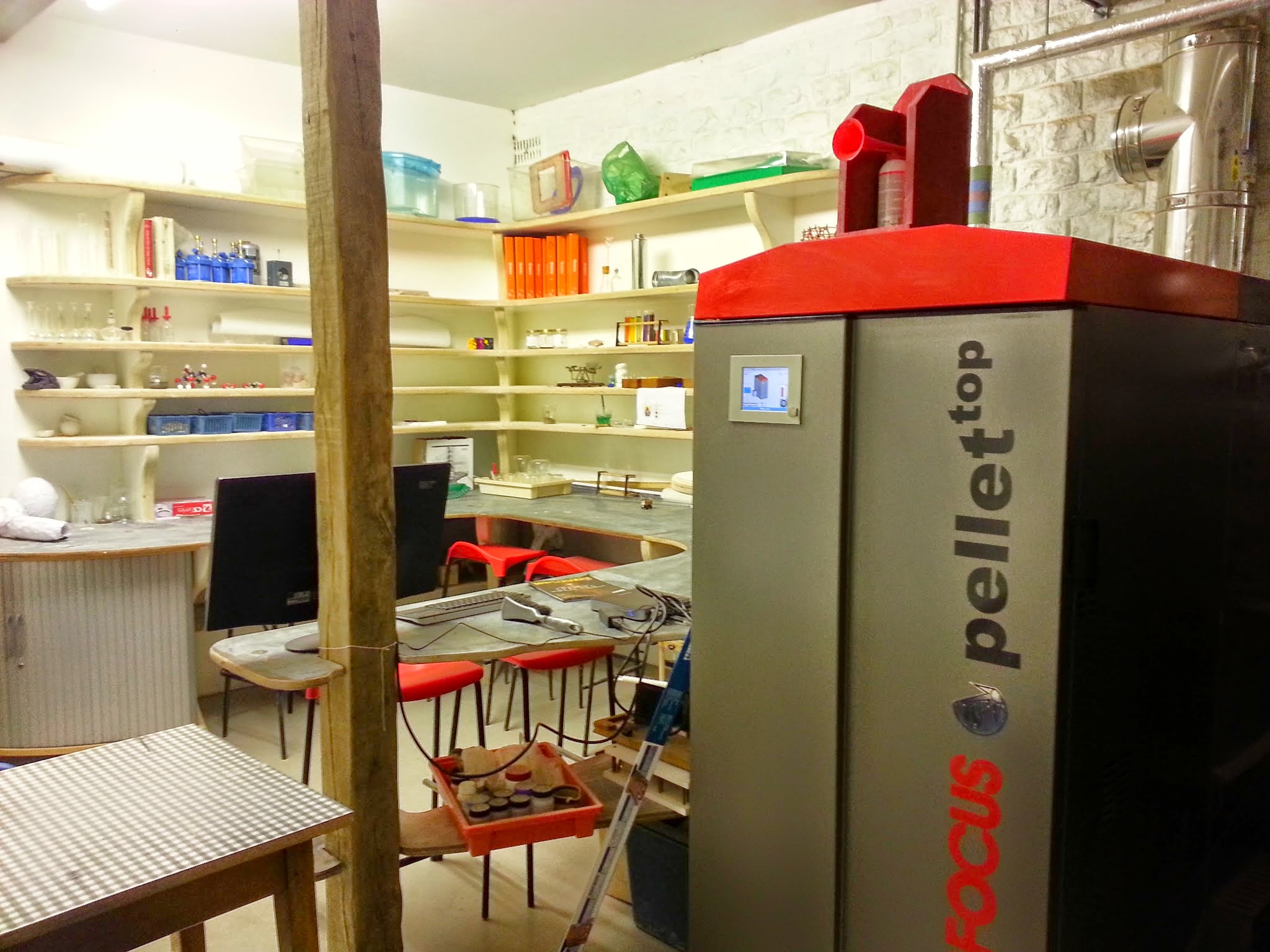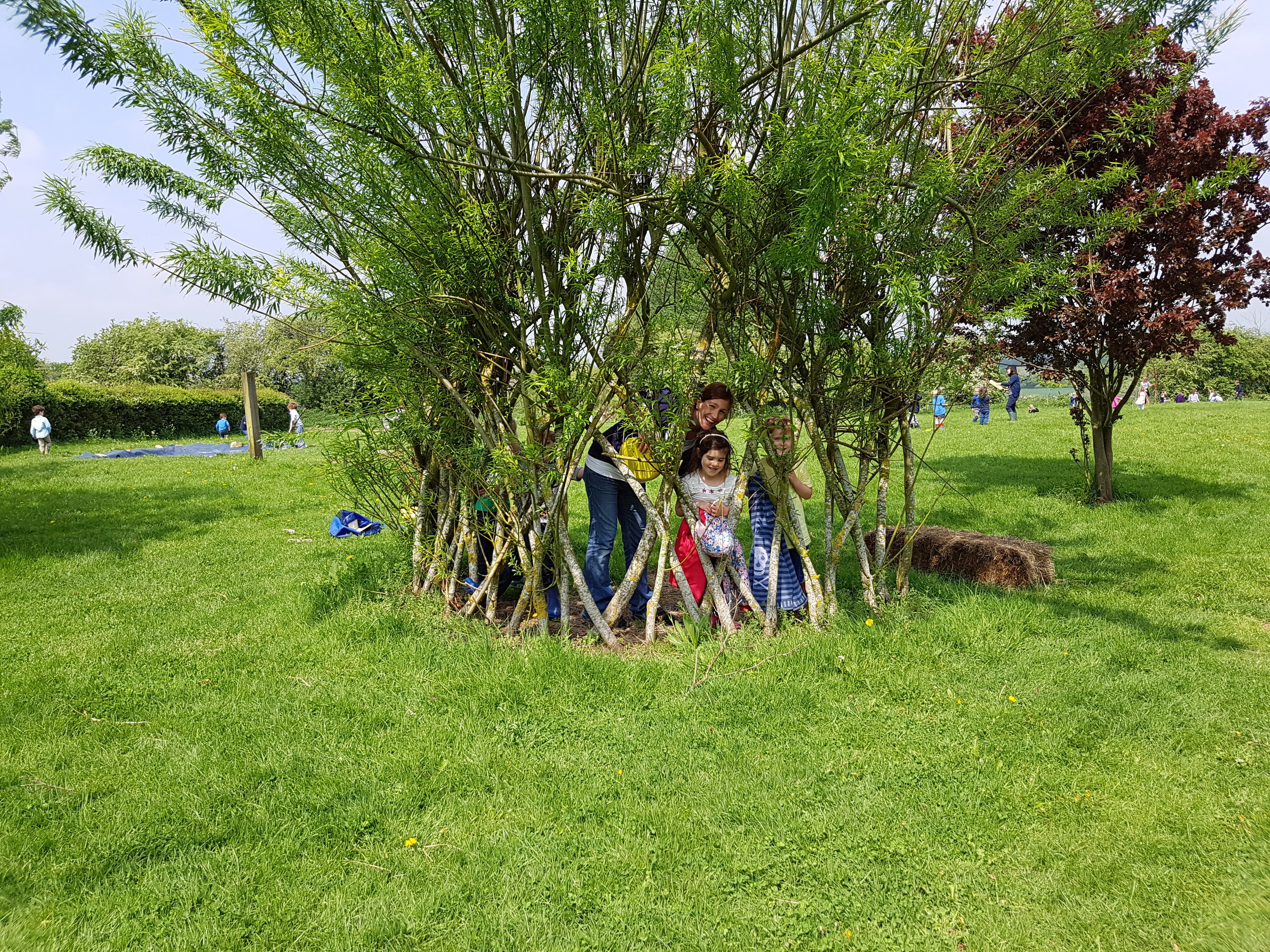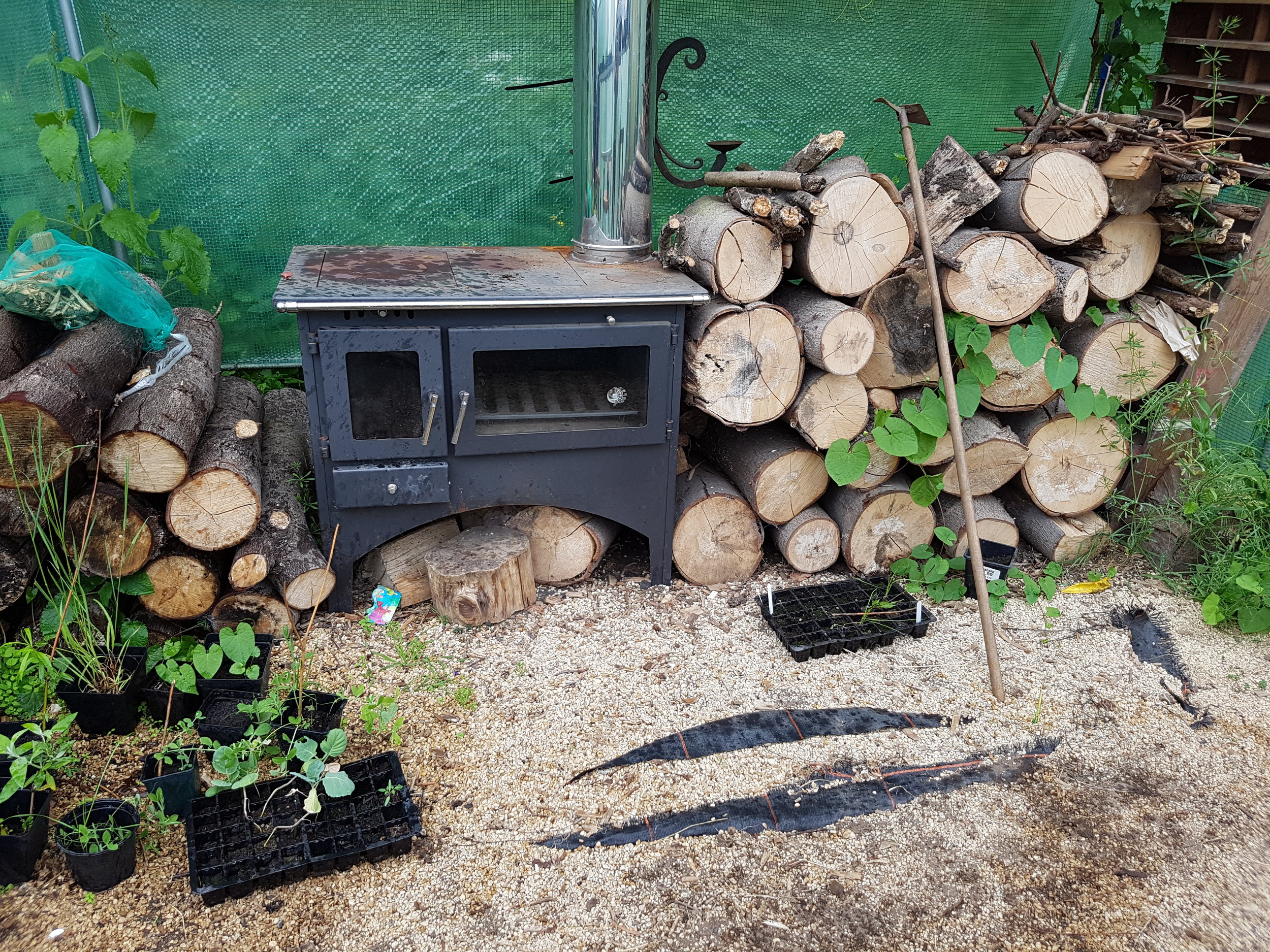Our Eco school policy
Forest Farm is a natural environment with green spaces for children to appreciate nature and all it has to offer.
We, as a whole school care about the environment and aim to keep our environment as sustainable as we possibly can for our children and their futures. Our staff maintain a conscientious day to day careful lifestyle within school, so they make a good role model for children to follow..
We are part of the Eco Schools Green Flag organisation , which is internationally recognised and some of the primary and senior children are Eco councillors and attend meetings each term to identify and work on new projects. We have the Bronze Award and are currently working for the Silver Award. We take part in events such as No electricity day, Earth hour and are members of WWF. We are also active supporters of Climate change 4 schools.
On a daily basis we teach children positive attitudes towards caring for their environment and reducing our carbon footprint.
Turn off lights when the last person leaves the room and teach the children to do the same.
Turn the heating down when it is too warm rather than opening windows to cool down. Wear suitable clothing, or a warm jumper if it is cold.
Reduce use of plastic and avoid it wherever possible.
Make sure taps are turned off after use and only use what we need to.
Make sure the products we use are environmentally friendly, washing and cleaning detergents
Nappies! To suggest to parents that they use as Environmentally Friendly nappies as possible and follow latest updates.
Reducing plastic wrappers in our lunches and using reusable drinks bottles for packed lunches and also using alternative food wrapping, such as paper as opposed to cling film or aluminium foil.
Saving paper and using recycled paper wherever possible
Recycle our food waste for composting
Growing vegetables and fruits
Not using any chemical fertilisers or weed killers on our land
Remembering to fetch the shopping bags before going out shopping.
Regular litter pick ups in school and locally in Elsfield.
Over the time children are with us we aim to teach the children about their planet earth by thinking about alternative ways of living:
Overuse of fossil fuels for electricity and manufacturing and looking at alternative energies the world over.
Climate change and why the temperature is increasing.
Results of rising temperatures, rising and warmer seas, weather changes, decrease in human habitation near coasts, coastal erosion, destruction of animal habitats.
Destruction of the rain-forest and the effects of this
Changing landscapes and animal habitats decreasing
Our plastic world and the effect of the micro plastic in the food chain. Alternatives to reduce our use.
Forest school sessions promote the love of being outside in nature, learning about the natural environment, appreciate seasons and cycles, appreciate the weather patterns and learning to work with and use natural materials.
Whole school assemblies to promote the care of our environment and planet.
Visits to waste sites to see how our waste is disposed of
Visits to Supermarkets to look at packaging and compare local food prices and those from abroad
Projects we have completed to improve our Carbon Footprint:
Our school uses a heating system that burns sustainable wood pellets, which also heats the water.
We have created a coppice wood with 2000 trees to create animal and insect habitats, provide wood for fences and 2000 trees produces ….. Oxygen and clean air,
We monitor the pollution levels, which currently are very low up here
Each spring now a meadow is planted to attract insects, butterflies and bees in particular.
Much of our new buildings have been built with materials which are Recycled, reclaimed and are sustainable by source.
We aim to get children outside for lesson at a minimum of 20% of the week to appreciate the outdoors and what it has to offer and all the health benefits.
In future we aim to…
Store rainwater for harvesting for garden use and possibly for flushing toilets
Grow food produce in larger quantities to provide for children’s lunches and teatime and to sell on to staff and parents in our community.
Increase the capacity of our composting system
We plan to properly insulate the buildings step by step.
Install solar panels on the barn roof for our own electricity. We have started the process, but it's too expensive..so far


